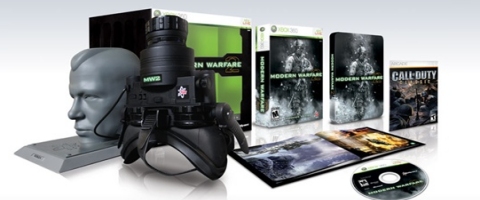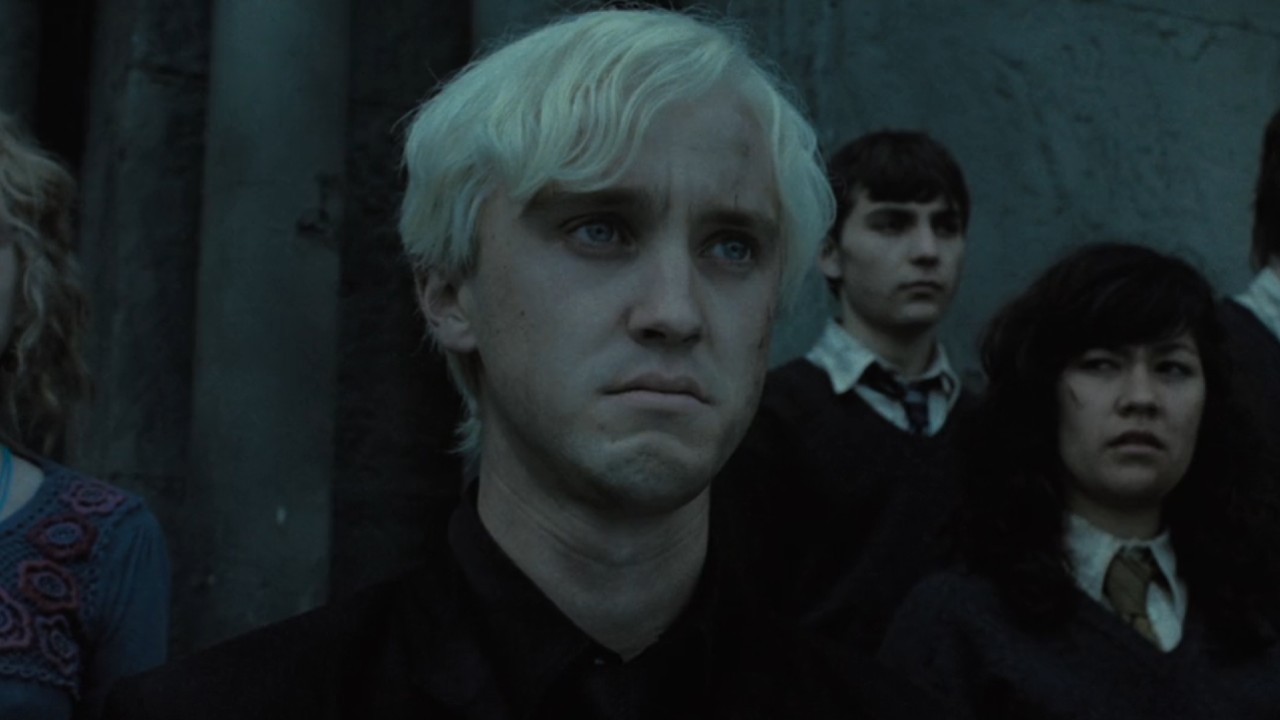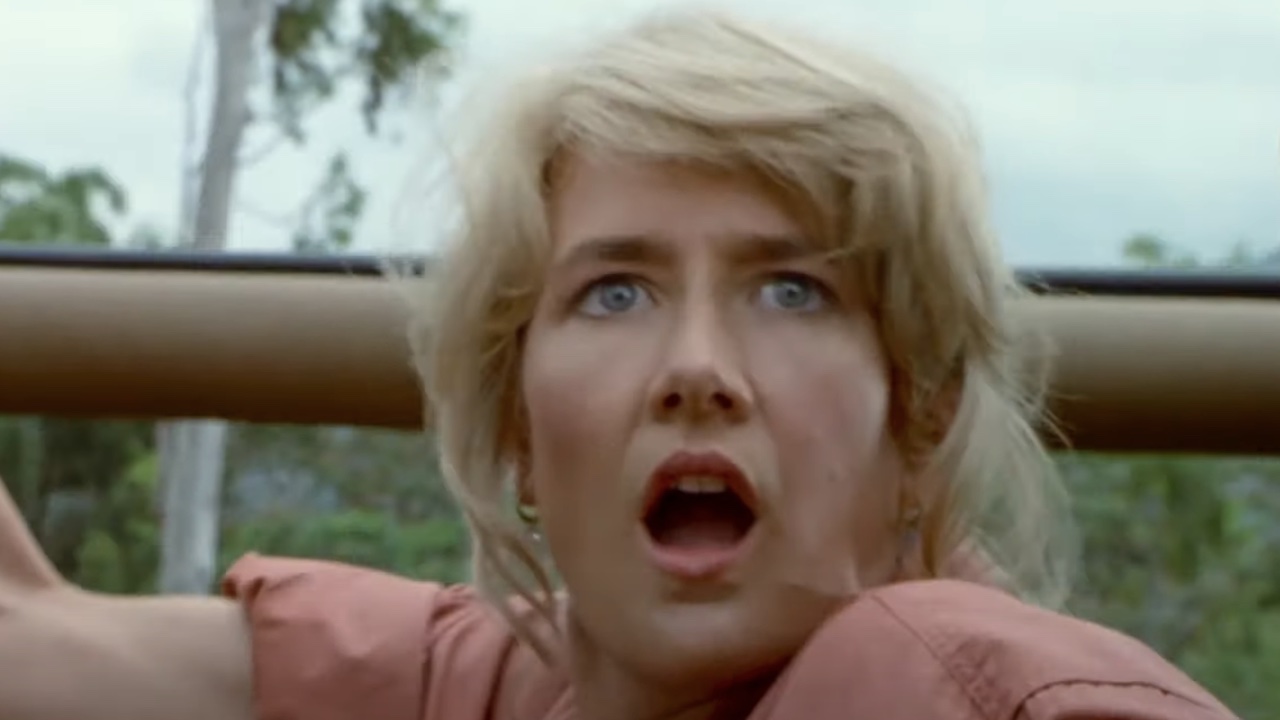Mobile Dev Says Nobody Talks About Charging $70 For Games People Don't Like

I said it once before and I'm definitely going to be saying it quite a bit from here on: the video game market is in an upsurge. It's not the console market that's moving forward, innovating or providing positive customer satisfaction, it's the other markets that are differentiating themselves from the stiff-necked retail marketplace where gamers pay an arm and a leg for games they may not even like.
According to GameIndustry, CEO of mobile company Addmired, Gabriel Leydon, talked extensively about some of the biggest elephants in the gaming industry room: fixed pricing. At the 2012 D.I.C.E. summit, Leydon mentioned that...
The real problem [for consoles] is price fixing. Consoles set expectations for prices for thirty years."... "Nobody talks about how bad it is to charge somebody $70 for something they don't like. You can't know what you're getting because it's another sequel with $100 million of marketing. One day after Call of Duty is out the used section in GameStop is filled with them. You have an army of consumers who paid $70 and lost $40 by trading it in."
Oftentimes companies attribute failed sales to piracy, even though a game like Enslaved: Odyssey to the West, which tanked hard at retail, wasn't even on PCs. We also hear a lot about how used games are killing the largest entertainment industry on the planet, even though it seems to be growing $1 billion dollars or more each year.
Anyway, not every $60 or so AAA title has a demo. Some do, a lot don't. In result, many gamers end up buying the title and realizing it's a stinker. It's how some games end up on the used game shelf just a few days after their retail release. There's also the case of many gamers feeling duped into buying a title because of "rave reviews" which just about every AAA title receives, goading many readers into thinking that every $60 release is worth its entry price.
Many big-name publishers and developers, such as Volition, are against used game trades because they don't see additional returns after the initial first-purchase of a retail product. For some reason in the gaming business many publishers would like to see royalties on used game sales since not every gamer is keen on paying the $70 price tag for a new game purchase for every game that they purchase.
What's more is that price fixing doesn't just help keep the used market booming for places like eBay, GameStop and GAME, price fixing has also caused a lot of gamers to change the way they experience games, moving from AAA titles where 75% of the budget goes into marketing, to free-to-play titles that are a bit of an homage to the shareware era. Free-to-play games and shareware gives gamers the opportunity to play a large portion of the a game before deciding to invest more into the product, unlike demos which are usually extremely limited and give gamers an unfair look at the product.
The upsurge, however, is growing where gamers are willing to spend money on products they can play before they pay. The free-to-play arena, according to Leydon, is where the future of gaming lies.
CINEMABLEND NEWSLETTER
Your Daily Blend of Entertainment News
"It removes the risk from the consumer, the consumer pays nothing to try out the game. I want the consumer to play for months without paying. Good free to play encourages players to stay and that's where the longevity is because the risk of an online pass, consoles that can't play used games, DLC and all this stuff, after I've paid $70... Why would do I do that? I can play lots of great games that are free."
EA is one of the most adamant supporters of Online Passes and first-access DLC, so that used copies limit users on the amount of content offered to second or third-hand buyers. The problem is that Electronic Arts instituted timed-expirations for their Online Passes, meaning that even if you buy some of their games brand new you'll still need to jump through hoops to access certain features and multiplayer content. Again, this is after you buy the game new.
Leydon compared the games industry to the music industry, saying that the big publishers wanted to maintain vinyl when tapes were emerging and wanted to maintain tapes when CDs were emerging and eventually wanted to keep CDs when MP3s emerged. Leydon says that free-to-play is the MP3 of the video game industry and console manufacturers and big-name publishers need to get with the times.
Sony, interestingly enough, has come up with the times or at least their MMO division SOE has with PC and PS3 titles like DC Universe Online and Free Realms making use of the microtransaction paradigm. Microsoft on the other hand actually has a policy in place to prevent free-to-play DLC and other forms of content being made available on the Xbox 360, which seems like a huge step in the opposite direction of current market trends. It's why Mabinogi, Blade & Soul, The Secret World and Champions Online never made it onto Microsoft's console and never will.
Of course, free-to-play and mobile gaming isn't all pitch-perfect, Gabriel admits that there are a lot of mobile and client-based free-to-play turds out there. However those turds raise the bar for other developers to actually put time and effort into their product and ensure that the game is a quality title and not just a cheap cash-in. In the end, though, it's hard to argue that free-to-play is bad given that -- much like the shareware era -- gamers are back in control of the product they invest in, and ultimately gamers decide how much they feel they should invest.
Staff Writer at CinemaBlend.
'Disappointed And Confused': More Controversy For Meghan Markle As UK Author Claims Duchess' Doomed Netflix Series Copied Her Idea
When Former Disney Stars Miley Cyrus And Selena Gomez ‘Buried The Hatchet’ It Was All Very Public-Facing. Why The 2025 Oscars Changed Everything
I Just Rewatched Flow, And It Completely Changed My Perspective On Cat And Whale










